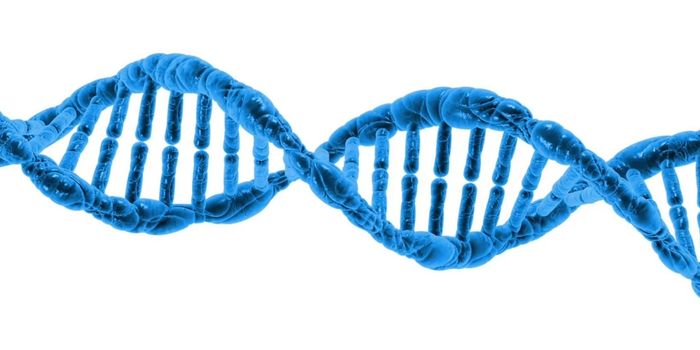Scientists Find a Cancer Kryptonite in Meteors
A dense metal found in space rocks could be the kryptonite for cancer cells, researchers announced.
The metal is known as iridium, and holds the title of second most dense metal on earth (after osmium). While it’s found within the Earth’s crust, iridium is many times more abundant in meteorites (space rocks that enters and survives a landing through the Earth’s atmosphere). The metal is named after the Greek goddess of the rainbow, Iris, because salts from this metal take on a brilliant luminescence.
Aside from hues and density, iridium is known for its high melting point, hardness, and ability to resist corrosion. These properties made the metal attractive for many types of industrial applications. Furthermore, the radioactive isotope of this metal is used in one form of cancer radiotherapy.
Taking the medical applications of iridium even further, researchers from the University of Warwick, in collaboration with a team from Sun Yat-Sen University in China, created a new iridium-based weapon targeted at cancer cells.
The team took iridium and paired it with an organic material. Activated with light, the resulting product forces the oxygen molecules in cancer cells to take on a poisonous form. Specifically, normal oxygen molecules existing as a doublet (O2) would turn into a singlet (O), which is lethal to the cells.
In the lab, the team tested the effect of the organic-iridium compound against a model of a lung tumor sphere. Once activated by a red laser, the light-reactive coating on the compound went to work, and the oxygen molecules in the cancer cells were slowly converted into singlets. This effect was observed in every layer of the tumor sphere – a testament to the potency of this therapy.
Importantly, the team showed the organic-iridium compound seemed to have no effect on healthy cells.
"This project is a leap forward in understanding how these new iridium-based anti-cancer compounds are attacking cancer cells, introducing different mechanisms of action, to get around the resistance issue and tackle cancer from a different angle,” said Cookson Chiu, one of the study’s co-authors.
Iridium is part of the platinum group, and platinum itself plays a big role in a variety of cancer chemotherapies. “The potential of other precious metals such as iridium to provide new targeted drugs which attack cancer cells in completely new ways and combat resistance, and which can be used safely with the minimum of side-effects, is now being explored,” said Peter Sadler, the study’s senior author.
Because the metal is much more abundant in asteroids and meteors, some scientists hypothesized that the iridium found on Earth may have been of extraterrestrial origins. Specifically, some speculate that Earth’s iridium supply originated from the asteroid that killed the dinosaurs.
“It's certainly now time to try to make good medical use of the iridium delivered to us by an asteroid 66 million years ago!" said Peter O'Connor, Professor of Analytical Chemistry at Warwick, and one of the study authors.
One thing is for sure, if iridium can be successfully applied against human cancers, no other metals or compounds could rival its story of origin.
Additional sources: University of Warwick









